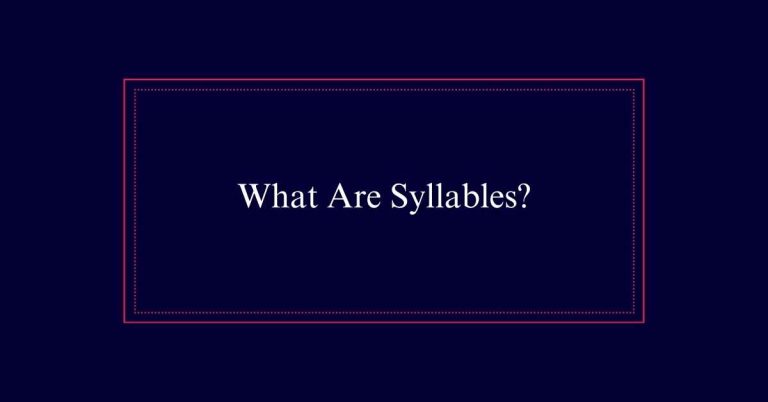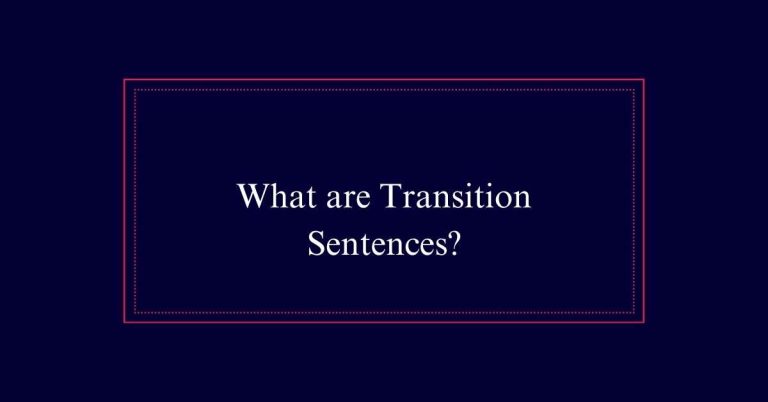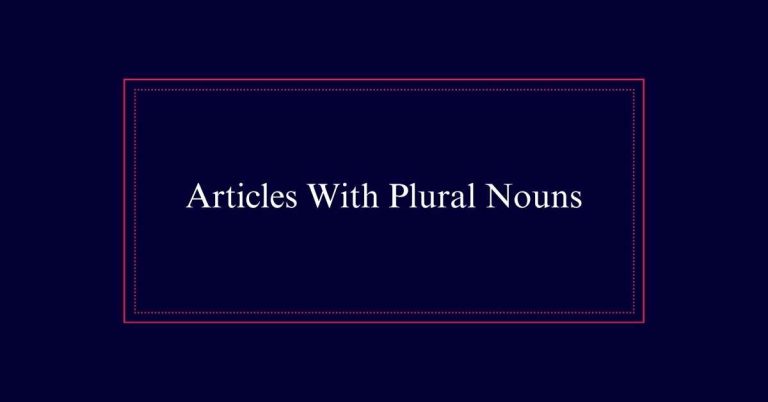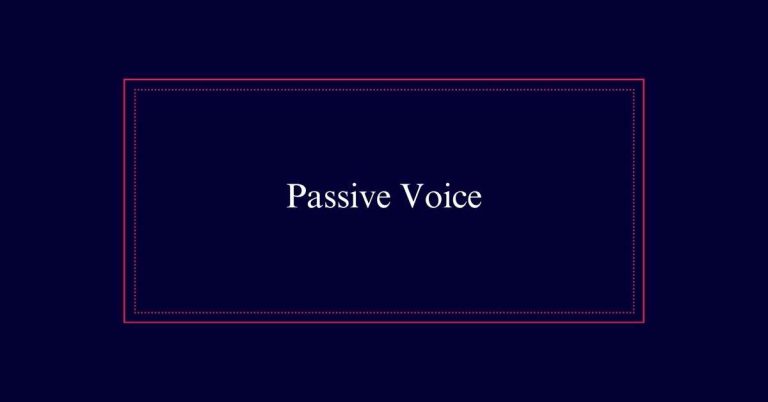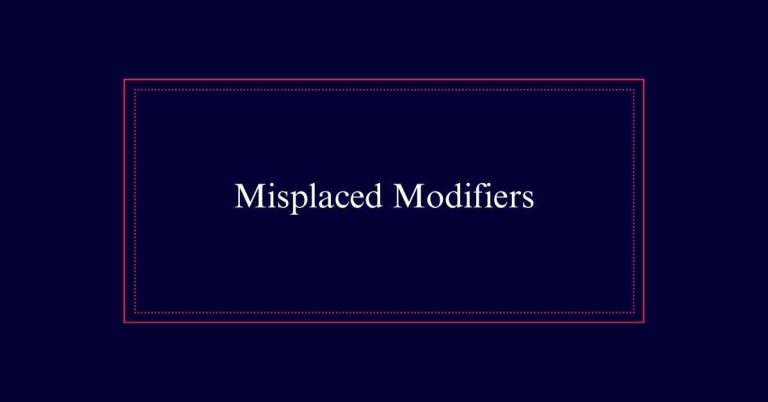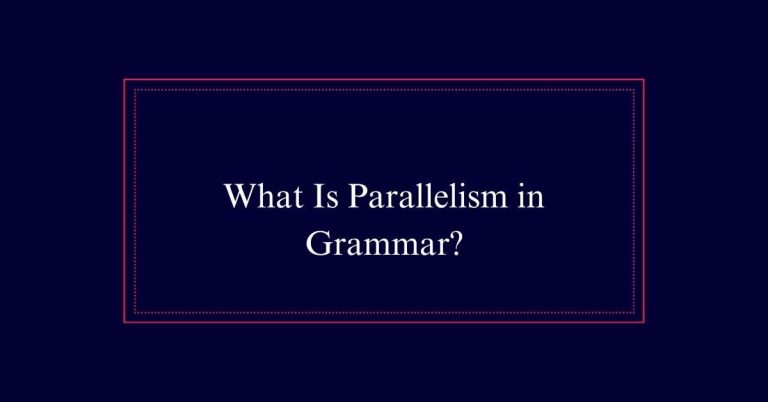Subject Complements in Grammar
A subject complement provides extra details about the subject of a sentence. Typically, it appears as an adjective, noun, or pronoun. These complements follow linking verbs, such as ‘is,’ ‘seem,’ or ‘become,’ and are essential in enhancing the meaning and clarity of sentences. For example, in ‘She is a doctor,’ the noun ‘doctor’ is a subject complement. Similarly, in ‘The sky looks blue,’ the adjective ‘blue’ complements the subject ‘sky.’
What Is a Subject Complement?
A subject complement is a grammatical element that clarifies or describes the subject of a sentence. It provides additional information about the subject, helping to complete the meaning of the sentence.
Subject complements can come in the form of adjectives, nouns, or pronouns. For example, in the sentence ‘The piece of paper turned out to be a letter,’ the phrase ‘a letter’ serves as a subject complement, providing more information about ‘the piece of paper.’
Subject complements are essential for making sentences more informative and clear. They should not be confused with direct objects, which receive the action of a verb, or adverbs, which modify action verbs. Subject complements specifically modify the subject of a sentence.
Linking Verbs and Subject Complements
Linking verbs play an essential role in connecting subjects to their complements. These verbs do not express action. Instead, they serve to link the subject with a word that provides more information about it—this word is the subject complement.
Common linking verbs include forms of ‘to be’ (is, are, was, were) and sensory verbs like ‘seem,’ ‘become,’ and ‘appear.’ For example, in the sentence ‘The sky is blue,’ ‘is’ is the linking verb, and ‘blue’ is the subject complement describing ‘the sky.’
Predicate Adjectives
Understanding linking verbs naturally leads us to explore predicate adjectives. Predicate adjectives are adjectives that modify the subject of a sentence. They follow a linking verb and describe or provide more information about the subject.
For instance, in the sentence ‘The sky looks blue,’ ‘blue’ is a predicate adjective describing ‘sky.’ The linking verb ‘looks’ connects the subject to the predicate adjective.
Predicate adjectives can also be phrases. For example, ‘The solution seems quite complicated’ uses the phrase ‘quite complicated’ to describe the subject ‘solution.’ These adjectives are vital in providing additional details about the subject, enhancing clarity and depth in sentences.
Predicate Nouns
Predicate nouns serve to identify or provide additional information about the subject of a sentence. They follow a linking verb and can be a noun or a noun phrase.
For example, in the sentence ‘The piece of paper turned out to be a letter,’ ‘a letter’ is the predicate noun that gives more information about ‘the piece of paper.’
Linking verbs such as ‘is,’ ‘are,’ ‘was,’ and ‘were’ are commonly used with predicate nouns. These nouns clarify or rename the subject, ensuring the sentence conveys a complete thought.
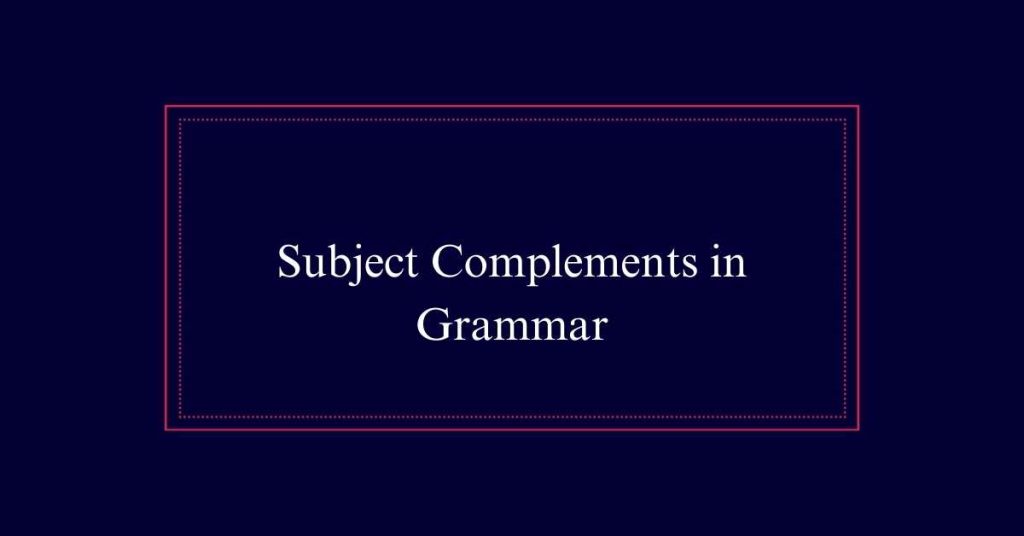
Predicate nouns are essential in constructing sentences that provide clear, additional identity or description to the subject, enhancing the reader’s understanding of the subject.
Predicate Pronouns
Subject complements can also take the form of pronouns, providing clarity or emphasis to the subject. Predicate pronouns follow linking verbs and rename or identify the subject. They are essential for constructing clear and concise sentences, especially in formal writing. For example, in the sentence ‘It was she who called,’ the pronoun ‘she’ serves as a predicate pronoun, clarifying who performed the action.
| Example Sentence | Subject | Predicate Pronoun |
|---|---|---|
| It was she who called. | It | she |
| The winner is he. | The winner | he |
| The culprit might be them. | The culprit | them |
Predicate pronouns play a key role in properly defining the subject, making the sentence more precise. They are an essential element in English grammar, fostering effective communication.
Subject Complements Vs. Direct Objects
In the domain of grammar, it’s important to distinguish between subject complements and direct objects, as they serve different roles in sentence structure. Subject complements follow linking verbs and provide additional information about the subject. They can be adjectives, nouns, or pronouns.
For example, in ‘The sky is blue,’ ‘blue’ is a subject complement describing the sky.
Direct objects, on the other hand, work with transitive verbs and receive the action of the verb. For instance, in ‘She reads books,’ ‘books’ is the direct object receiving the action of reading. Understanding the difference is vital for constructing clear, grammatically correct sentences.
Subject Complements Vs. Adverbs
Often, understanding when to use subject complements versus adverbs can greatly enhance sentence clarity. Subject complements follow linking verbs and provide information about the subject. They can be adjectives, nouns, or pronouns.
For instance, in ‘She is a doctor,’ ‘a doctor’ is a subject complement. Conversely, adverbs modify action verbs, adjectives, or other adverbs. They describe how, when, or where something happens.
For example, in ‘She runs quickly,’ ‘quickly’ is an adverb modifying the verb ‘runs.’ Using adverbs instead of subject complements can lead to awkward or unclear sentences. Recognizing the role of linking verbs and choosing the appropriate complement is essential for effective communication.
Examples of Subject Complements
Understanding the distinction between subject complements and adverbs lays the foundation for grasping how subject complements function in sentences. Subject complements follow linking verbs and either identify, define, or describe the subject.
For instance, in ‘The tree we sit under in the park is an oak,’ ‘an oak’ is a predicate noun that identifies the tree. Another example is, ‘The view from here felt extremely uncomfortable,’ where ‘extremely uncomfortable’ is a predicate adjective describing the view.
Similarly, in ‘It was either she or I who got there first,’ ‘she’ and ‘I’ are predicate pronouns clarifying the subject. These examples highlight the different forms subject complements can take, enriching our understanding of sentence structure.
Parts of Speech as Subject Complements
Subject complements can function as adjectives, nouns, noun phrases, or pronouns. They follow linking verbs and provide essential information about the subject.
Adjectives as subject complements describe the subject, such as in ‘The sky is blue.’
Nouns and noun phrases identify or rename the subject, as in ‘My brother is a doctor.’
Pronouns can also serve as subject complements, providing clarity or emphasis, like in ‘It was she who called.’
Each type of subject complement has a specific role but shares the common purpose of defining or describing the subject. Understanding these parts of speech as subject complements ensures clarity and precision in communication.
Subject Vs. Object Complements
While subject complements provide information about the subject, object complements modify the direct object of a transitive verb. Subject complements follow linking verbs and describe or define the subject. For example, in ‘The soup tastes delicious,’ ‘delicious’ is a subject complement describing ‘soup.’
In contrast, object complements come after and modify the direct object. They follow transitive verbs. An example is: ‘They appointed her captain.’ Here, ‘captain’ is the object complement modifying ‘her.’


